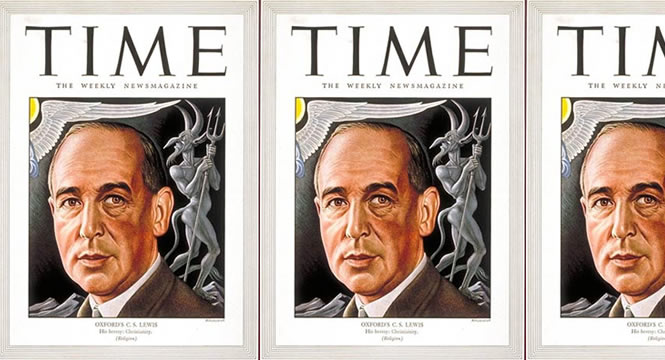The Abolition of Man
by C.S. Lewis (First published in 1946 by Geoffrey Bless; available in many editions new and second-hand)
C.S. Lewis (1898–1963) was described as one of the intellectual giants of the 20th Century and arguably one of the most influential writers of his time. This slim volume – a literary outcome of the war with Hitler – given as a series of lectures, indicates that he deserved those plaudits. A profound discussion on the origin, value and importance of the natural law, it challenges those who question the validity of ‘traditional morality’.
Imperative
At the outset Lewis demonstrates that the first imperative for a rational and objective rather than an emotional and subjective-based ethic is an epistemology of direct realism, namely that the human intellect can and does know objective reality and not merely its own conceptual constructs. He then elucidates how ‘traditional morality’ is essentially a collection of the first principles of the practical reason, i.e., the intellect actively engaged in the area of human behaviour. He shows that to attempt, as in some latter-day ideologies, to pick and choose different aspects of this value system is self-contradictory. Moral value imposes itself; it is not created. Thus if my duty to my parents is a superstition, then so is my duty to posterity. If justice is a superstition, then so is my duty to my country or my race. If the pursuit of scientific knowledge is a real value, then so is conjugal love and marriage.
Following his critique of those who attempt to set up an alternative value system to that of the ‘traditional morality’, Lewis next turns his attention to those who reject the concept of moral values altogether. He notes the unstoppable progress of science and technology and lists some of the extraordinary advances in aeronautics, chemistry, eugenics and medicine. However, he warns that scientific and technological development without regard for objective moral values, namely, the dictates of the natural law, rather than enhancing man could lead to his determent.
Observance
Adverting to the crucial importance of the observance of those objective values in society at large and especially in the area of politics, he emphasises that: “A dogmatic belief in objective values is necessary to the very idea of a rule which is not a tyranny or an obedience which is not slavery”. He points out that, notwithstanding their scientific development, because of their lack of a due appreciation of objective values some states had allowed themselves to be led by an elite group exercising near-absolute control over their populations. Obviously Lewis here had in mind Stalin’s Soviet Union and Hitler’s proposed Third Reich. These two states were to become lurid illustrations of the catastrophic and unspeakable crimes that follow the denial and rejection of objective values.
Quotations
Finally Lewis provides 120 quotations from legendary figures in some of the greatest civilisations the world has known. The quotations are drawn from the ancient-Egyptian, ancient-Indian, ancient-Jewish, Anglo-Saxon, Babylonian, Hindu, Greco-Roman and Old Norse civilisations.
He lists a number of aphorisms attributed to Confucius, who is synonymous with the wisdom of China. Aristotle, Epictetus, Homer and Plato represent the wisdom of Greek civilisation, Cicero, Justinian, Juvenal, Seneca, Terence and Virgil that of the Roman civilisation. All the quotations encapsulate and highlight the ethical primacy and importance of the natural law, also known as ‘traditional morality’.



